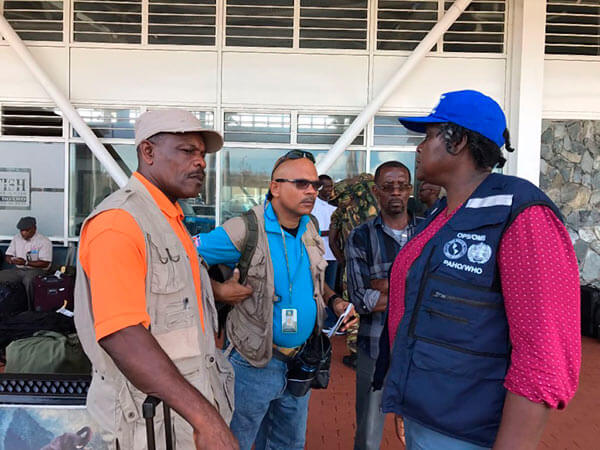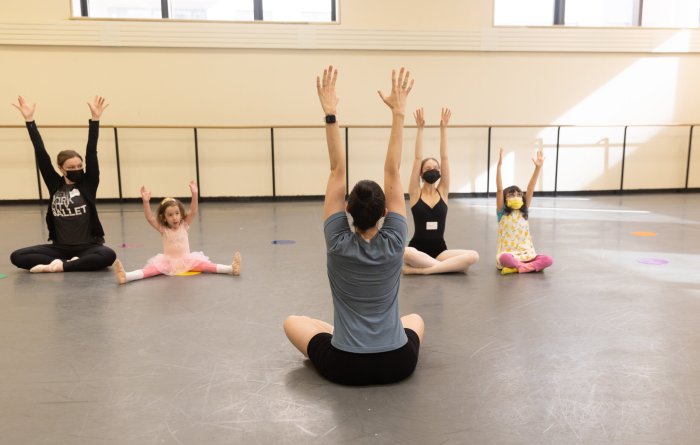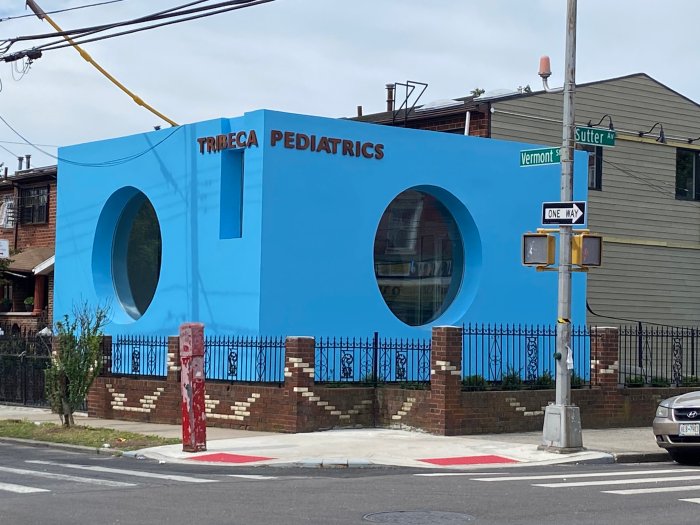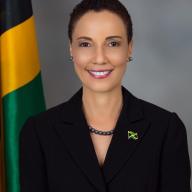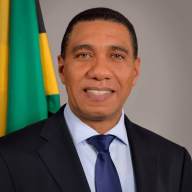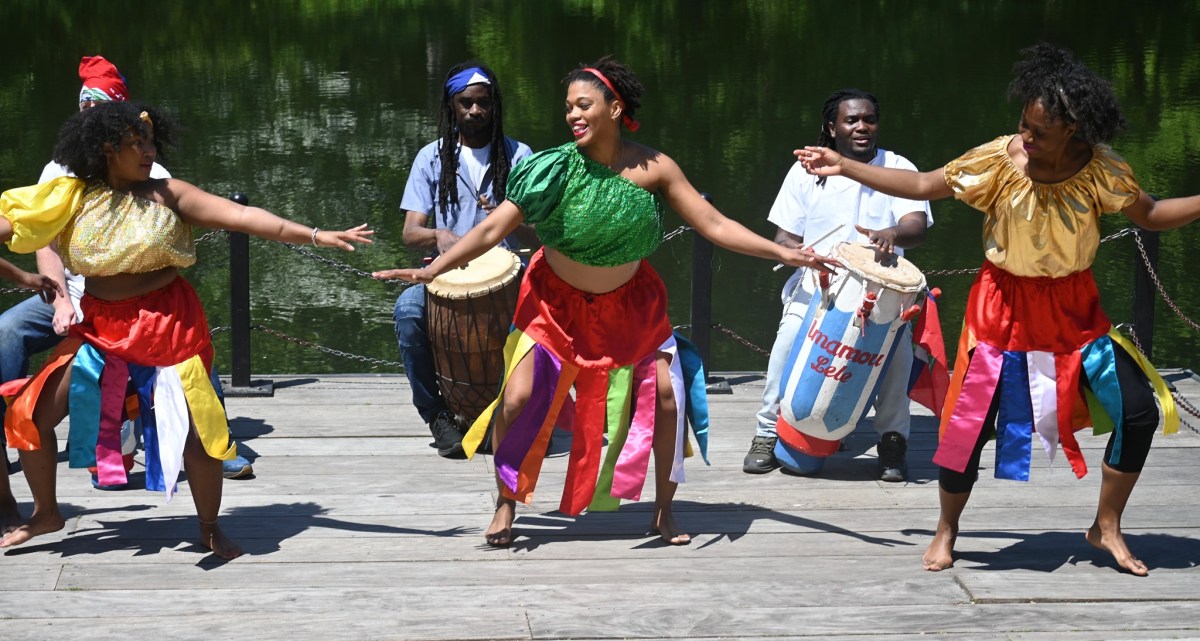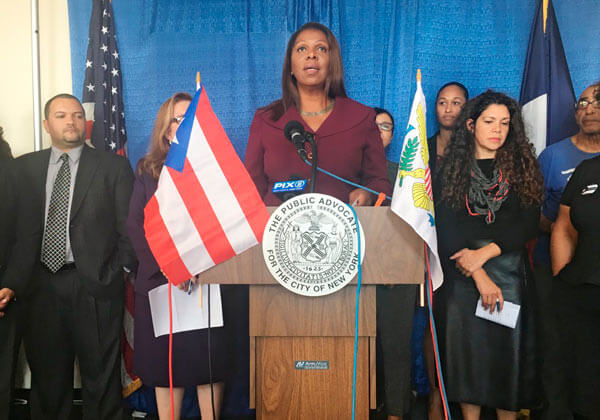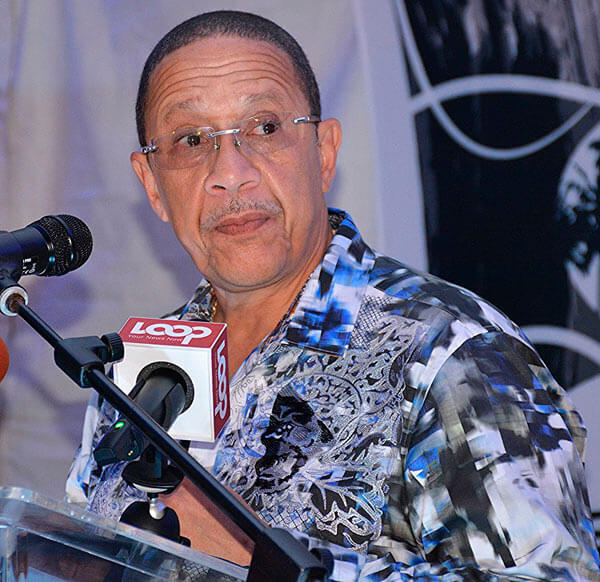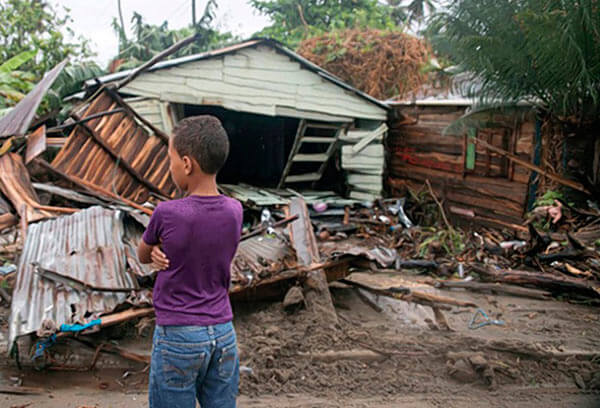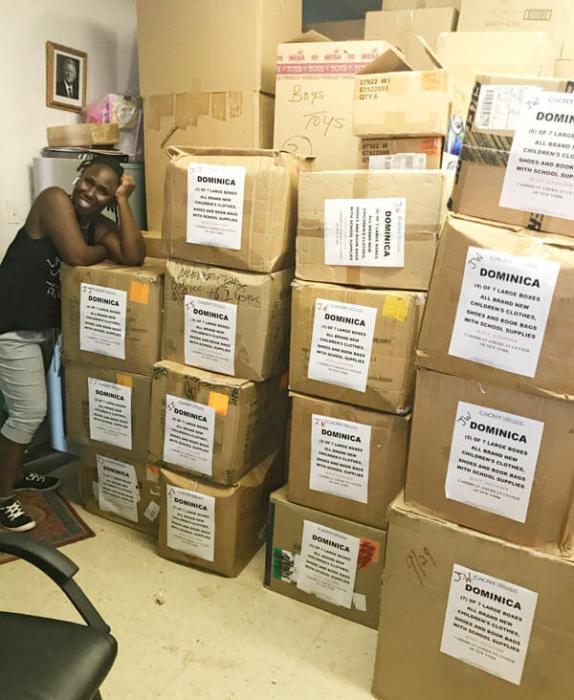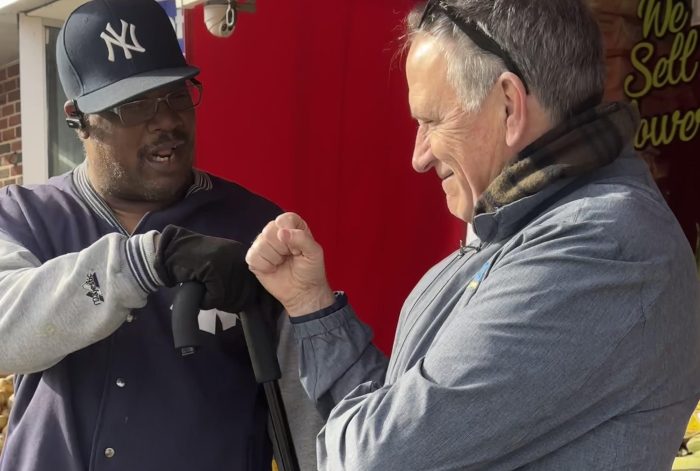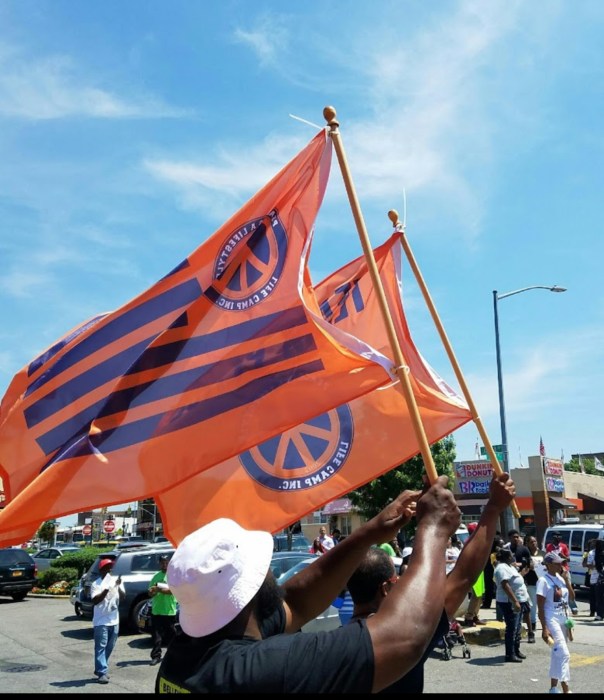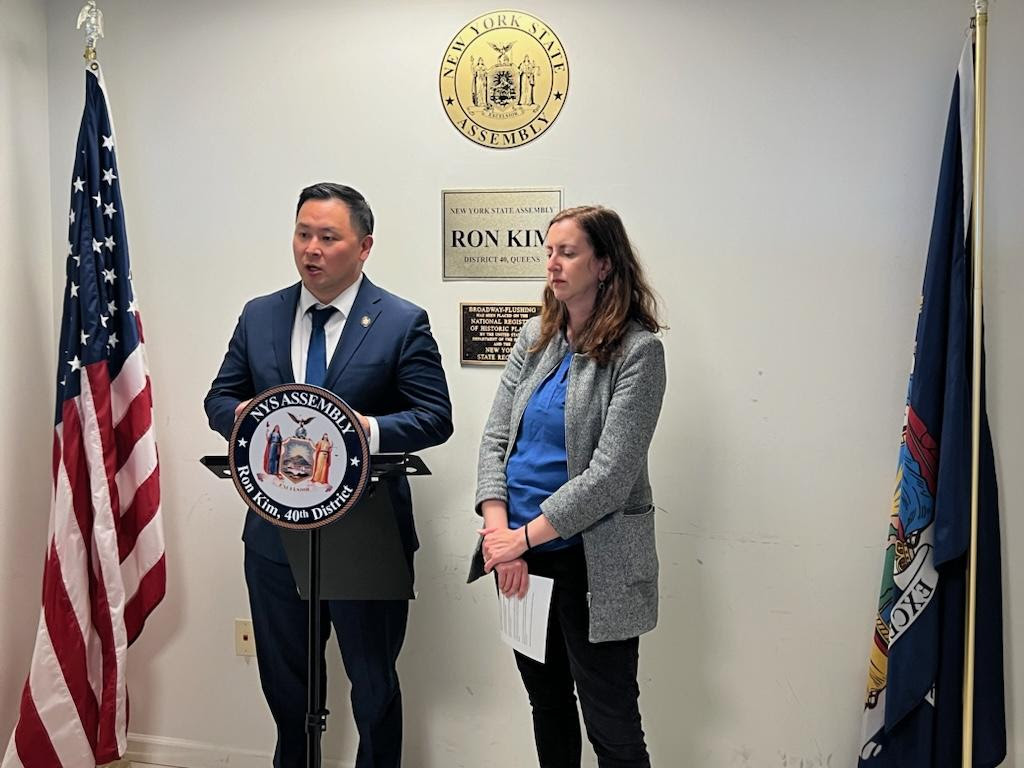The Washington, D.C.-based Pan American Health Organization (PAHO) said its experts are supporting efforts to restore health services in Caribbean islands most affected by Hurricane Irma.
PAHO said on Thursday that it has deployed health infrastructure experts, sanitary engineers, epidemiologists, among others, in collaboration with the affected countries.
PAHO said its teams, in support of health authorities and other agencies, are working in the British Virgin Islands to reestablish the logistics chain that allows them to receive medical supplies and medicines, as well as store them safely and distribute them between health centers and patients.
“Health authorities on the affected islands have identified their needs for drug supplies, and PAHO is sending in the necessary supplies, as well as supporting the mobilization of health personnel to support national teams that have been working non-stop since the passage of the hurricane,” PAHO said.
It said the islands of Barbuda, St. Martin and St. Bartholomew, Anguilla, British Virgin Islands, Puerto Rico, Cuba, Bahamas and Turks and Caicos reported serious damage to infrastructure, hospitals and health centers, along with the loss of electricity and limited access to clean water.
Hurricane Irma also hit the Dominican Republic, Haiti, Saba, St. Eustatius, St. Kitts and Nevis, causing less serious damage, PAHO said.
“The need to support the rotation of health personnel at affected sites, and epidemiological surveillance to detect any outbreak of diseases are vital at this stage of the response, especially because of the lack of clean water and access to health services,” according to Ciro Ugarte, director of the Department of Health Emergencies at PAHO, who briefed ambassadors of the countries to the Organization of American States (OAS) on the hurricane response.
Ugarte said damages to airports, ports and roads “pose a challenge” for delivering humanitarian assistance, and completing damage and needs assessments.
But he said these obstacles are being overcome with the support of the affected countries themselves and PAHO personnel, “who have been able to mobilize the most affected areas, using any available means, including military transport.”
Ugarte said that, on many of the affected islands, PAHO has been the only agency in the field, even before the hurricane hit.
Experts in water and sanitation, health infrastructure, damage assessment and needs, logistics, coordination, epidemiology and management of humanitarian supplies have already been deployed to all the most affected islands, and are working with national and local health staff, Ugarte said.
He also noted “the solidarity and support” in the response from countries and territories that were not affected.
Hurricane Irma, a Category 5 storm, landed in Antigua and Barbuda on the morning of Sept. 6 and continued along the northern side of the Leeward Islands before impacting the state of Florida, PAHO noted.
It said highly dangerous winds, storm surges and severe rainfall caused flooding and damage to the region.



